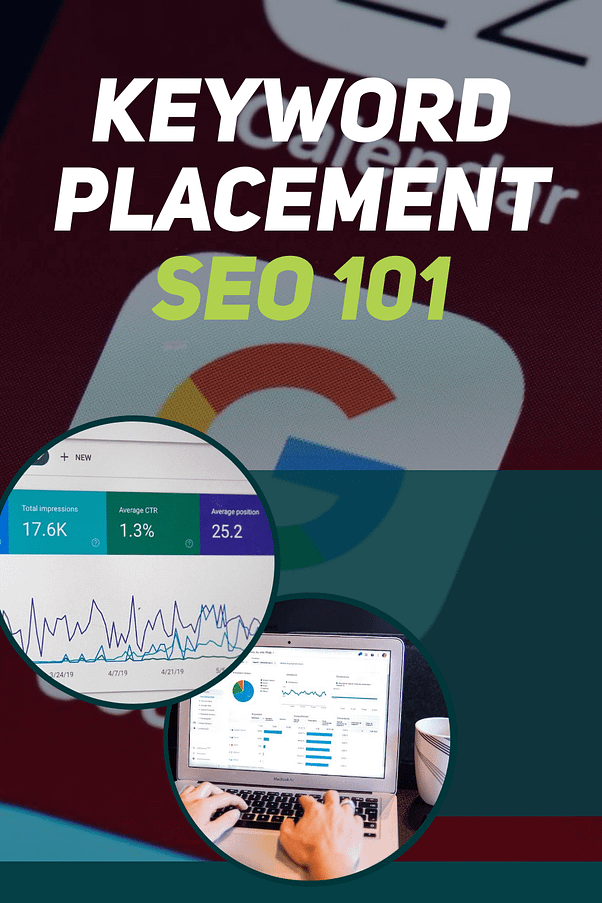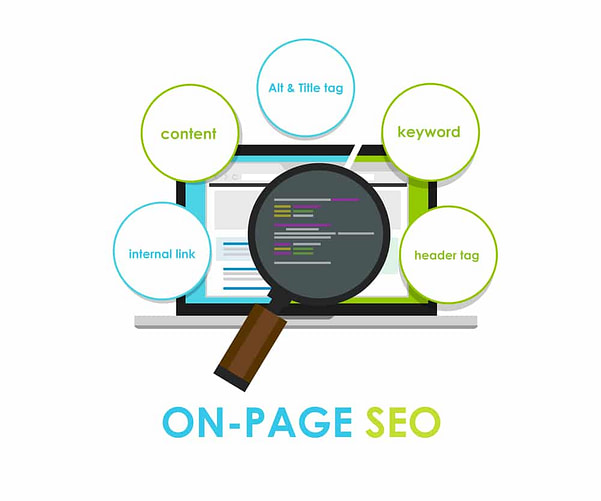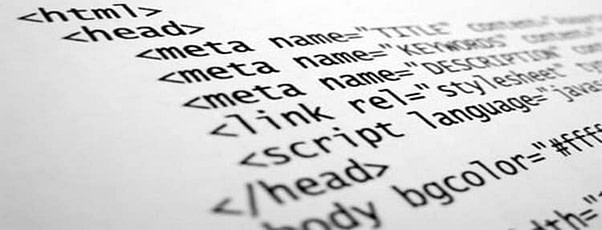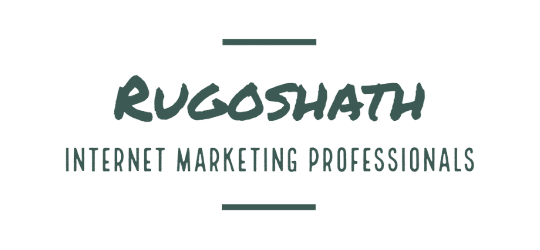Where to place keywords for maximum SEO Effect: On-Page SEO
If you think, “the more keywords I use on one page, the better my on-page SEO and chances of ranking, “think again. Clustering, or stuffing numerous keywords on one page, confuses. When search engines are “crawling” and collecting all the information from your page, it picks up on all these keywords, and indexing becomes problematic.

It’s best to keep your target keywords/phrases to one or two per page. This will also dramatically improve your chances of ranking for those specific keywords.
Once your keyword research has been done and you have one or two keywords per page, you need to start working this into your content. But how do we go about doing this? Let’s look at On-Page Search Engine Optimization (SEO):
On-Page Optimization
On-page Optimization is the core of what makes a website rank well, involving individually optimizing your web pages to have a better ranking result in search engines. The time and effort you put into your content go a long way, and by doing your On-Page Optimization correctly, you’ll help boost your Off-Page SEO in the long run. Read our post on Off-Page SEO.

Firstly, what can you do to boost your On-Page SEO? Here are some helpful tips:
Where to place your SEO keywords

Title: Is used to describe the topic of your web page and is called an Html element, or “Meta Title Tag.” It’s essential to keep the title short and to use your primary keyword or phrase at least once. Remember to make your title search and click-friendly to your targeted visitors. The title tag should tell you precisely what the post is about.
Description: This is what we call the “Meta description tag,” which can be seen as a way of “convincing” users to click on your site. This is you selling the content and enticing users to connect, making the description appealing, and creatively using your keywords to attract attention. Make sure the exact keyword/phrase doesn’t appear more than twice in both title and description tag. Variations of your keyword/phrase can be used, but don’t overdo it by “stuffing” unnecessary words. Keep it short and to the point (under 156 characters).
Content: Nobody wants to read a “clustered” article with keywords. There is no interest there, and you will surely lose visitors and increase your bounce rate. Search Engines have ways of picking up on this as well. To start your keyword placement in your content, you need a Header (H1 tag). The header should contain the keyword for your content, and the Meta description should captivate visitors to want to read more.
The main thing you want to keep in mind when setting up your content is that you want people to come back for more. The best way to do this is to provide precise and to-the-point answers to their initial search query. Here are some tips for writing good-quality content.
Image Alt text and title tag: This includes keywords to images used on your page. What is the difference between the two? Image Alt text describes the search engines what the image is about, and Image title tags are a little “pop-up” when you hover over the picture with your mouse. Remember not to “cluster” or “stuff” these title tags with keywords.
URLs: You keep reading user-friendly, good-quality content, and now we add reader friendly to our priority list. When creating a URL for your page, remember that your keyword can be used in the URL but not excessively. Your URL needs to describe your content or your page accurately. Remember to use hyphens to separate the words in your URL and take out words that aren’t necessary, like stop words.
Overall you want to create a great user experience to drive more traffic to your website, and by following the On-page SEO tips above, you can accomplish this easily.
Recommended reading:
